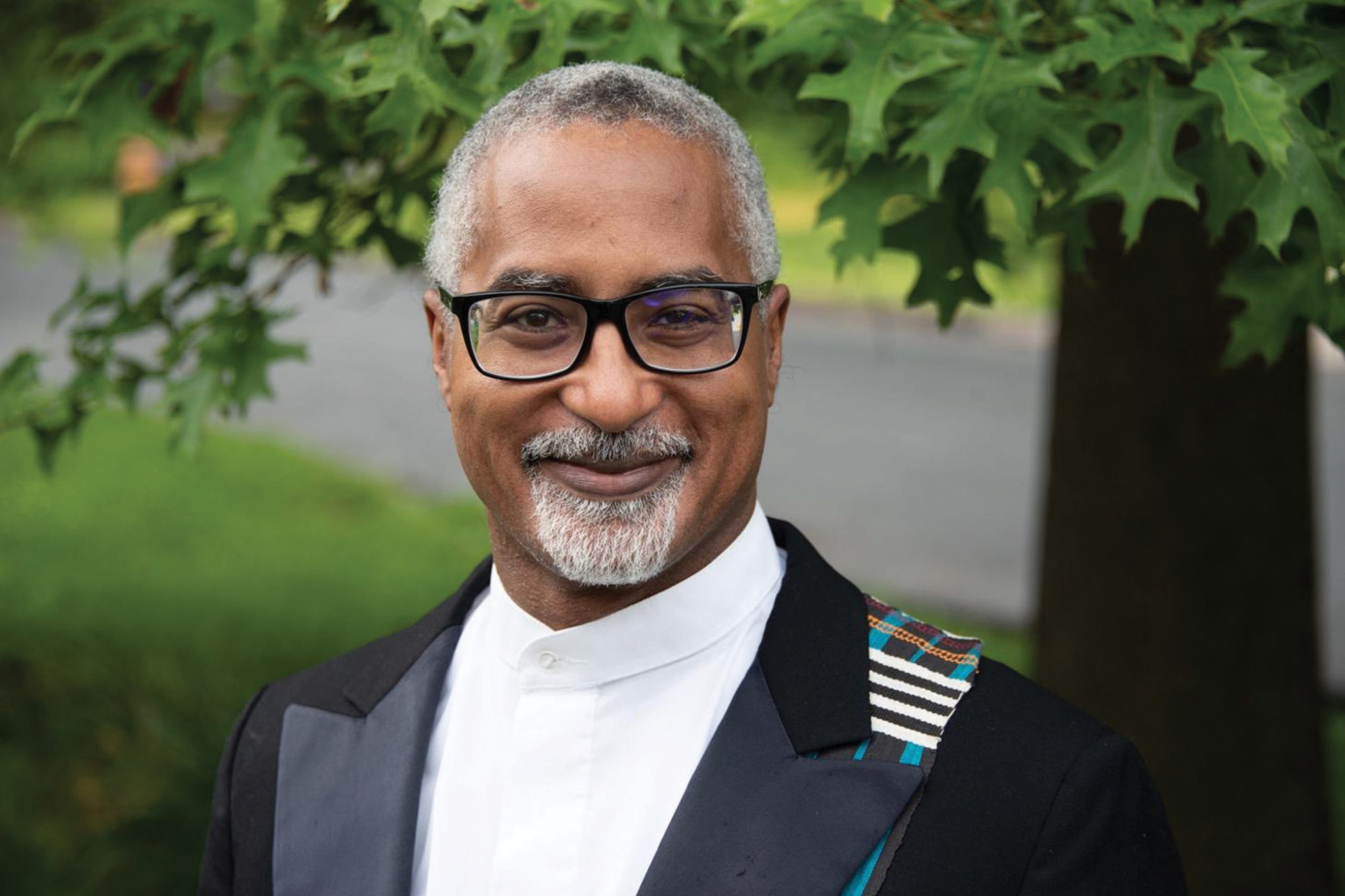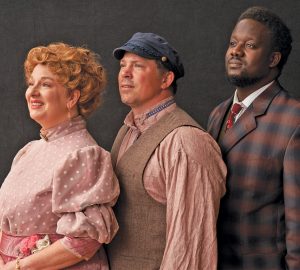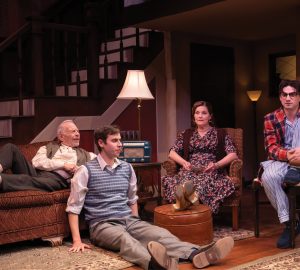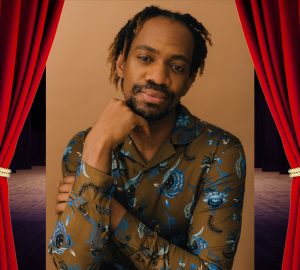This is a year of change for the St. Louis Civic Orchestra. To make musical experiences more accessible to the community, attending performances is now free. The orchestra also welcomed a new artistic director, Barry Ford, DMA. He brings unique experience as a conductor, composer and trumpet player, working with orchestras in Brazil and at the universities of Nebraska and Missouri. T&S spoke with Ford to learn more about his musical journey.
Where are you from originally?
My father was career military. I was born in France and then we moved to Alabama—quite the culture shock. We lived in Washington D.C., Hawaii, Texas, Illinois and Florida, but I tell people I’m from Chicago.
How did you develop an interest in music?
Not a single person in my family is a musician. The first time I saw an orchestra I was eight years old, and I absolutely fell in love. It was the most amazing thing I had ever seen or heard. I didn’t really know being a professional musician was an option, but I knew I wanted to do what those people on stage were doing. Growing up, I wanted to take piano lessons, but since we were always moving and portable keyboards weren’t common, it wasn’t an option. When I started playing in band at school, my first choice was the oboe, but the music director told me they didn’t teach oboe to fifth graders. My next choice was the French horn, but I couldn’t do that either. The music director suggested the trumpet, so that’s what I went with.
What drew you to conducting?
As a kid, I didn’t care about the conductor because he was the only person on stage not making a noise. I went to college at Northwestern University on an engineering scholarship, but after a year, I covertly auditioned for the music school and changed my major. My parents allowed it, but as a compromise, instead of majoring in composition and performance, my focus was music education. I had to take basic conducting, and the director of bands invited me to take the advanced course. The engineering side of me kicked in. An orchestra has so many moving parts, and I was learning what makes the machine go.
You’re a conductor, performer and composer. What do you enjoy about each aspect?
They are all wonderful in their own way. My only regret with conducting is that you don’t get to make a sound. I miss contributing to the music in that way. My voice is there, but it’s a silent helper. Conducting is wonderful because I know what everyone is doing. I remember sitting in the trumpet section wanting to know what else was going on. Composing scratches a different itch. You’re creating something that’s going to be released to the public, which is one of the scariest things you can do.
What are you looking forward to achieving with the St. Louis Civic Orchestra?
This group is capable of making exciting music. I think the biggest sin in music is not playing the wrong notes but simply being boring. None of the music we have programmed for this season is boring. As a composer, I’m committed to new works. We have a balance of well known masterworks and things that are new to the orchestra. A good portion of the music is new to me. I may have heard it before, but I’ve never conducted it. That’s exciting. I’m looking forward to bringing those sounds to life and getting people as excited about the orchestra as I am. I hope that I can become a resource for the St. Louis Civic Orchestra that the community knows and trusts.
Pictured at top: Barry Ford, DMA
Photo courtesy of St. Louis Civic Orchestra








